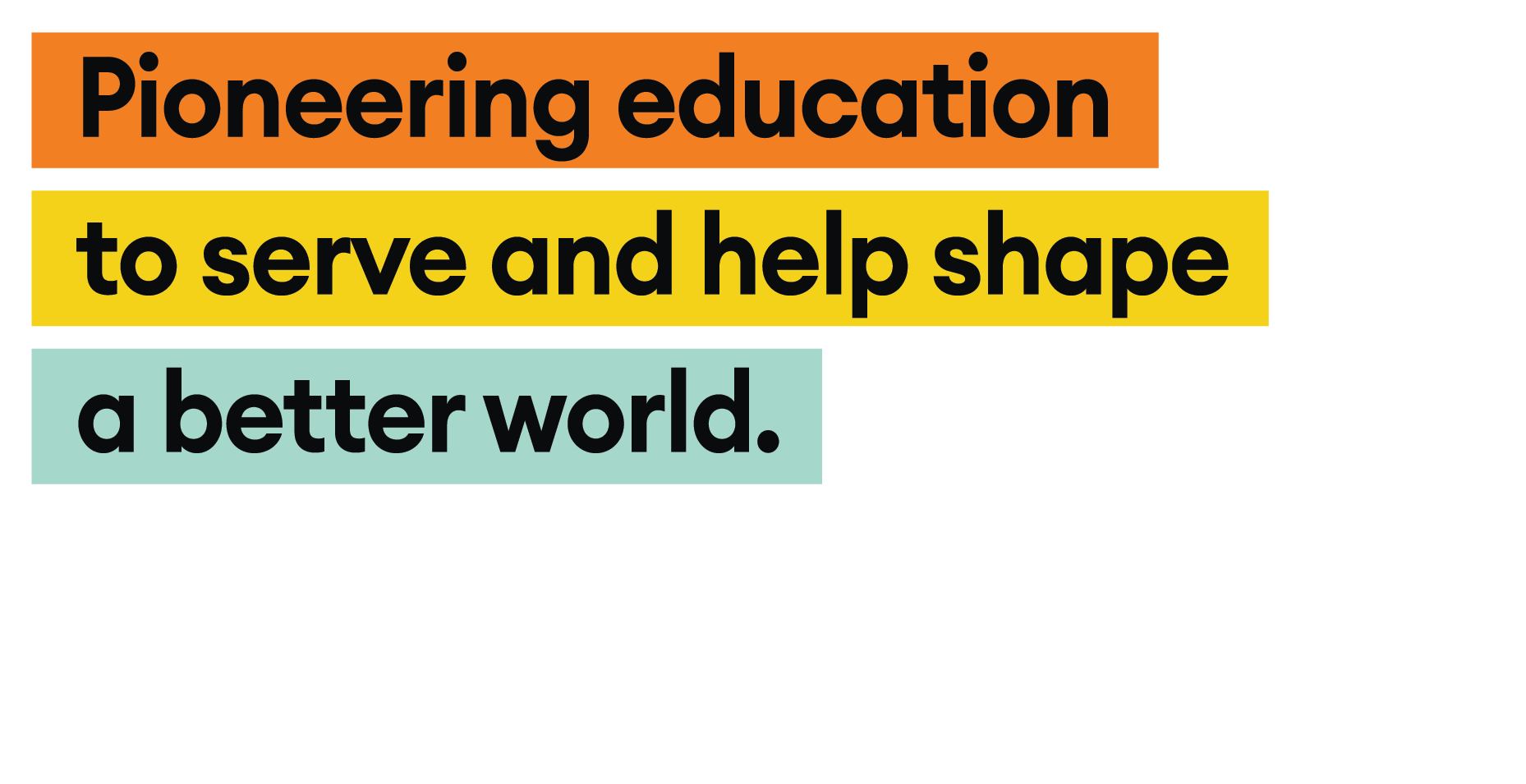The Week Ahead 23 April 2021
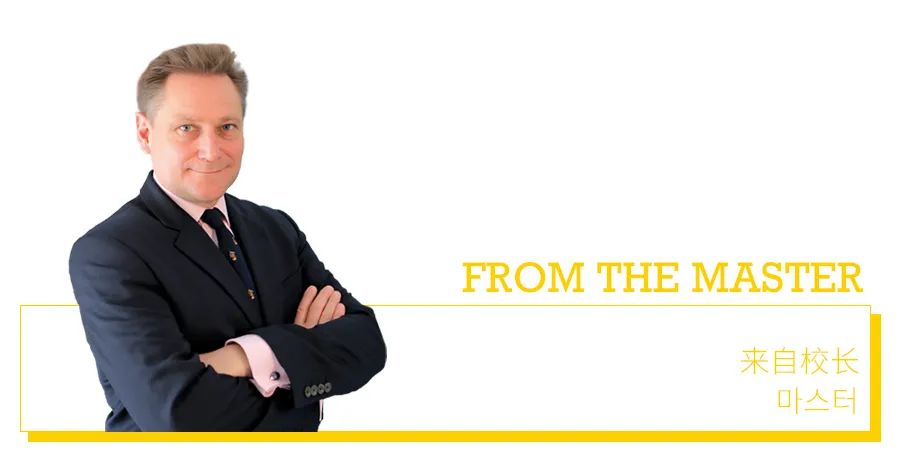
Dear parents
I do not think there is a more feared, more loathed, word than 'plateau' in the world of learning. I don't mean in the lexicon of physical geography, of course, where the term enjoys considerable status, but rather in the context of language acquisition. Anyone who has tried to learn a language will, almost inevitably, have experienced a plateau at some stage in their learning journey.
Just as in geography, a plateau describes a landscape (either physical or mental) in which the surface remains largely flat. In learning, the symptoms are readily identifiable. A child's progress slows down, and they seem to be making little headway in terms of developing more sophisticated language structures; a time when effort – often increasing amounts of effort – appear to be having no impact on learning. Such plateau periods are often accompanied by a dip in a child's confidence as frustration sets in and the learning tools they have developed over the years prove useless in overcoming this stagnation. It can be equally difficult for parents, as they watch helplessly as their high-achieving child struggles to adapt to this newer, slower rate of progress.
I know from my conversations with pupils and parents that little in a child’s time at school causes more frustration than reaching a plateau. Happily, there are ways to address just such situations. The first thing to bear in mind is that a plateau in learning is nothing unusual. It is universal – we all experience it at one stage or other in our development. Given that, it is how we deal with the experience of a plateau that makes the key difference to the length of the stagnation and the degree of frustration felt at its duration. Language learning is not, as we discussed in the roundtable forum last weekend at the Festival of Education, a straightforward linear experience. Progress is often erratic. Learners and parents who recognise that most fundamental of principles may well still grow frustrated at periods of plateau, but at least they are armed with the understanding that such phases are temporary and that there are strategies to help accelerate through them.
I have three brief suggestions to help pupils and parents who may be experiencing this most annoying part of language acquisition:
-
Firstly, make sure your child is genuinely at the plateau stage. This means assessing progress over a sustained period of time, not just over a few days or even weeks. Don't panic if your child has read the same level of text for three consecutive books; it may just be that they have found material they enjoy and they want to explore further before moving on. Consolidation of prior learning is essential in building a firm foundation for any kind of learning and rushing through such phases can ultimately slow later development.
-
Moving on from a plateau is made easier by establishing a series of targets and helping the child to understand his or her route to those targets. Involving them in discussions about their learning and using scaffolding tools such as the Bell Foundation levels or Common European Framework can help learners plot a course to further progress. Identifying what they need to do to reach new levels of proficiency can help focus learning and give pupils a sense of perspective about their prior learning and the paths to progress.
-
Finally, trying something new can help vary the learning and shake children out of the rut that is characteristic with the plateau effect. This can mean using different sorts of texts or stimulus material, such as television or film. Try using some of the oracy strategies the school has developed over the past two years. Offering new and varied forms of access to English medium sources can as act as a spark to the imagination and intellect, jolting a child from the plateau and into further periods of progress.
If you are concerned that your child may be experiencing a language learning plateau, please do talk to one of our ELA experts. Our wonderful College library is also available to parents; with its huge range of graded reading options, graphic novels and e-books, it is an invaluable resource for all our community.
Best wishes
Julian Jeffrey
MASTER


What a busy week in the Nest! I will share with you some of the things that the children have been doing this week.
Eaglets had a wonderful time in our outdoor area. Outdoor learning is a key part of our early year's provision. The children spent an hour involved in independent water play. What began as watering the new plants,they are growing quickly, became a problem to solve. How can we move the water from the tap to the sandpit? The children had lots of resources to choose from and tried lots of different things. They worked together using guttering to create a water channel to get the water to the sandpit. Success!
Penguin class shared with me what they did on their trip to Xigu Park. The theme of building and construction was brought to life for them as they were able to look at old, traditional buildings and see how they were different to their own homes. There was a lot of learning conversation on this trip and we thank all the adults who joined the children to make the trip possible.
Pelican class shared with me their Earth Day learning. They were joined by students from Year 10 who helped the children to plant seeds and talked about how to care for seeds. They also talked about why it is important to look after our planet. Pelican class have also been busy constructing roads. This led to learning about traffic lights and road safety. They are learning so much.
Sparrows have been very engaged in using reclaimed materials (junk modelling) to build their structures independently. They have explored how to fix the boxes and tubes together and have created some wonderful models. They have all been painted and the children can talk about them with confidence.
Robins have been busy structural engineers this week. What began as a pile of boxes has become an incredibly tall tower. They have used correct mathematical language to solve problems and order boxes by size. They also had to work out which was the best adhesive to use to fix them together. They discovered glue sticks didn't work but other glue and some tapes did. They measured each other against their tower to decide 'how many boxes tall' they each were. This is a STEAM activity in an authentic situation. These children were engineers and they succeeded in their task.
Owls and Kingfishers have worked together learning about The Great Wall of China and the Forbidden City. This has sparked their creative imaginations and passion to find out information and learn more. There has been such excitement in the year group. Yesterday a group of children independently decided to be archaeologists. They found goggles, trowels and brushes and began to unearth things in the sand. This was another example of an authentic learning opportunity. Adults support their thinking with open-ended questions and the children learn even more. There are quite a few potential historians in year one.
These are just a few of the things that I have seen this week in the nest. What an amazing place to work!


Parent Briefing
Journey of a Wellingtonian
Nest
0900hrs-1030hrs, Friday
30th April
This is an opportunity for parents to understand the journey of a child from the Nest through to Sixth Form and beyond. We will look at what each part of the school adds to the journey of the child and hear from staff from the Nest, Junior and Senior school. There will also be an opportunity to take a short tour in different parts of the Junior and Senior school to see our wonderful facilities and the work displayed around the school which shows the achievements of our Wellingtonians.
There will be an opportunity to ask questions about what the different stages of the school can offer your child.
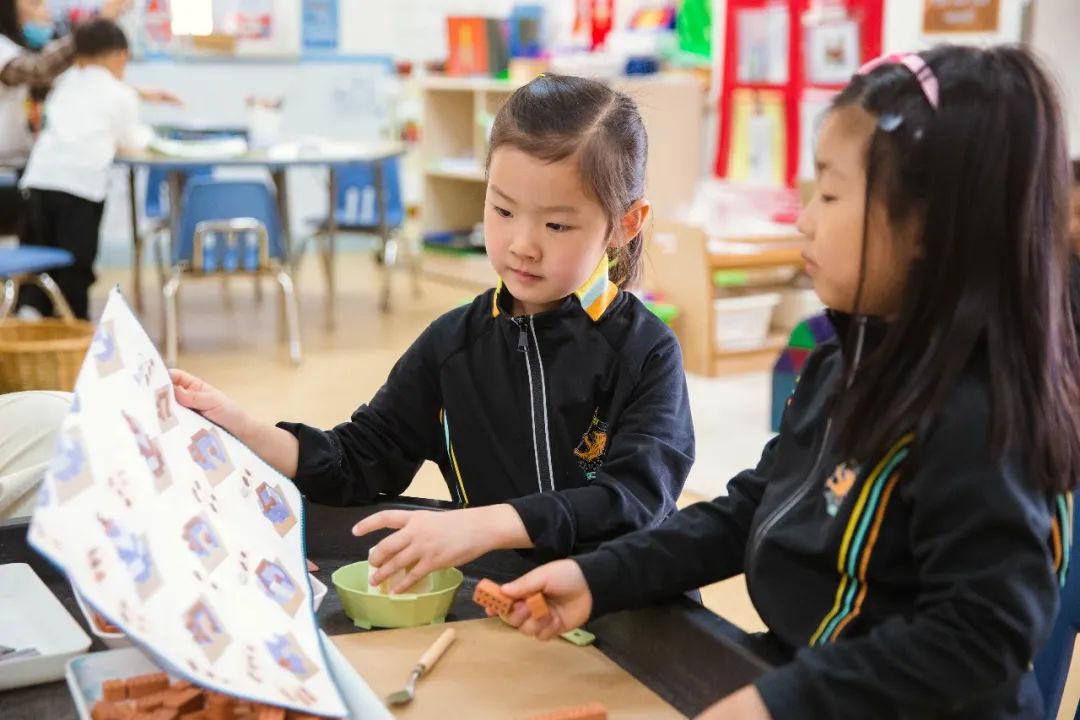

UPCOMING EVENTS
Monday 26 April 2021
All Day
Week 31 (A)
8:30AM - 12:30PM
Pre-Nursery Class trip (Zoo) (JB) (postponed to next week)
9:30AM - 10:30AM
Nest: Maths Everywhere Week (JB)
Friday 30 April 2021
9:00AM - 9:30AM
Nest Assembly: Reception share and show (JB) (Seldon Theatre)
9:00AM - 10:30AM
Parent Briefing for Nest Parents: Journey of a Wellingtonian
9:30AM - 10:30AM
Nest Stay and Play (JB/PR) (The Nest)

Related Articles
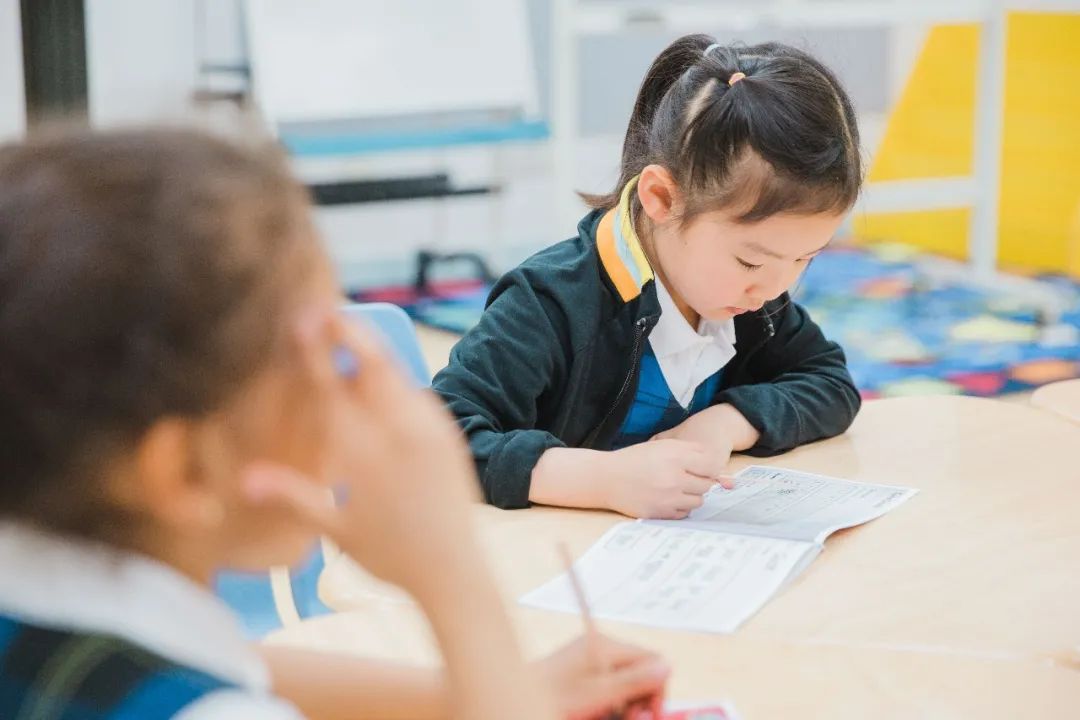
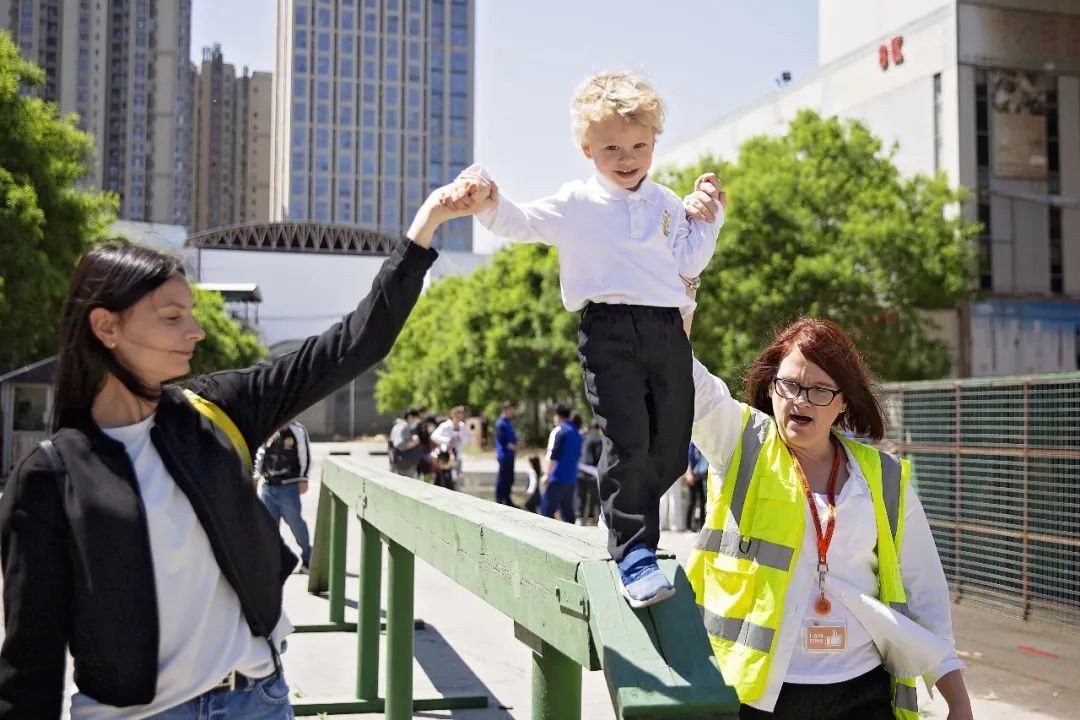






 Channel
Channel 
 Linkedin
Linkedin  Weibo
Weibo  Facebook
Facebook  Ins
Ins 



